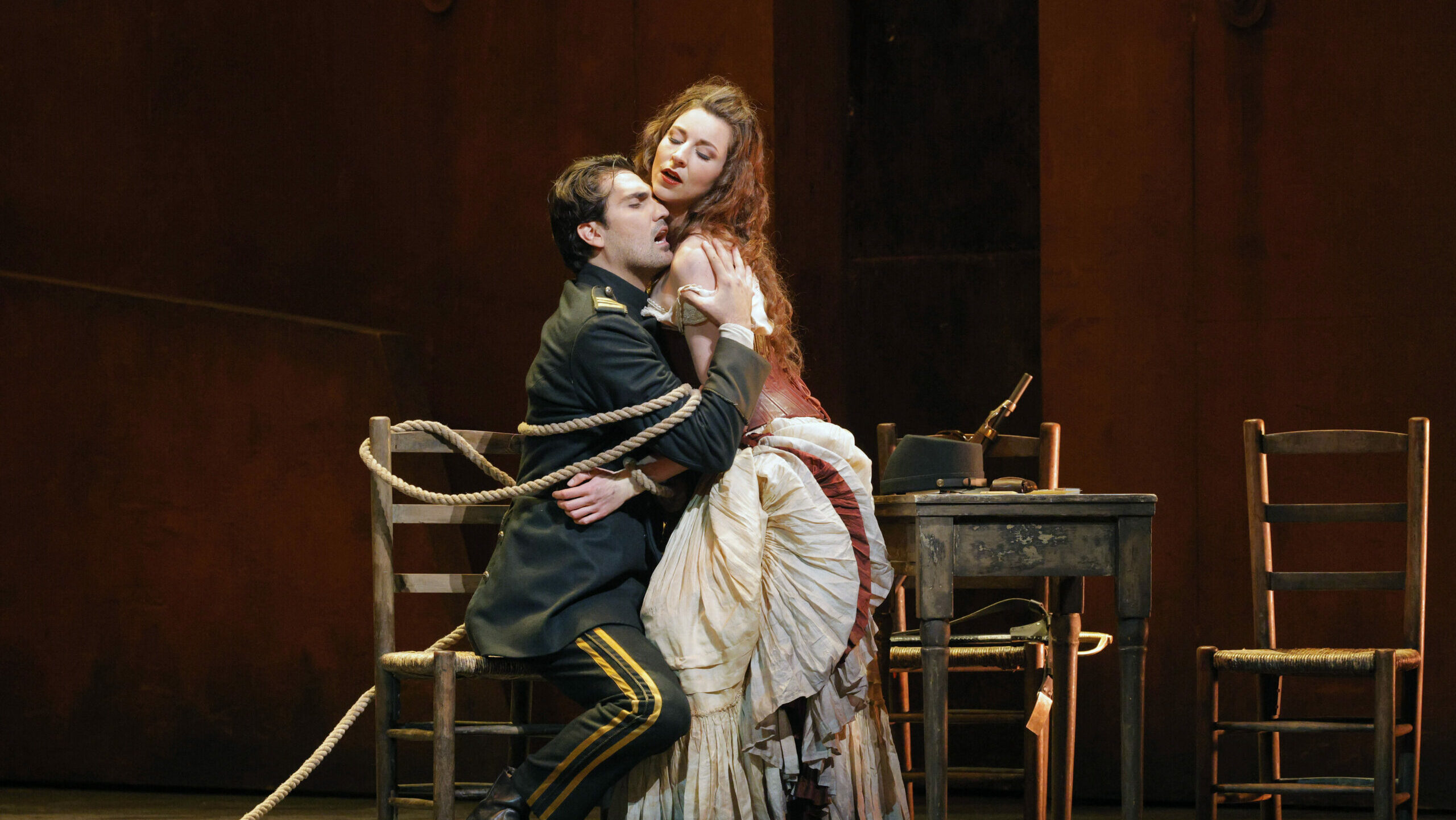
Still, it’s an omission that Chris’s Cache rectifies today with a double-bill of I Quatro Rusteghi featuring American sopranos Barbara Bonney, Cheryl Studer, and Nancy Shade, plus Graziella Sciutti as the nicotine-addicted heroine of Il Segreto di Susanna.
Ermanno Wolf-Ferrari split his career between Italy and Germany which explains why Rustighi premiered in Munich as Die Vier Grobiane, the version we hear today. Although he may be best remembered for his comedies, many might know him instead for his serious opera I Gioielli della Madonna which premiered in Berlin as Der Schmuck der Madonna (oh dear!); its beguiling Intermezzo has been popular for decades.
More recently Sly, his Shakespeare opera, served as a vehicle first for Placido Domingo and then José Carreras. But the one-act Segreto remains his most identifiable opera; it has been recorded several times and gets performed with some regularity.
Before Sly arrived in 2002, Wolf-Ferrari’s work hadn’t been heard at the Met since 1927, the final performance to date of Gioielli which had been mounted two years earlier with Maria Jeritza and Giovanni Martinelli. The Met had previously performed Le Donna Curiose and L’Amore Medico, the latter conducted by Arturo Toscanini. It’s amusing to survey the many operas the Met combined with Segreto: often Pagliacci or a long-forgotten The Polish Jew, but sometimes an entire La Bohème or L’Amore dei Tre Re. Philadelphia audiences got their money’s worth one night in 1921 when the Met brought Lucrezia Bori in Segreto along with Cavalleria Rusticana with Beniamino Gigli and L’Oracolo starring Antonio Scotti, of course!
While others were tackling verismo or absorbing Wagner into their operas, it may seem odd that an early 20th century composer was so drawn to Carlo Goldoni, an 18th century playwright. Wolf-Ferrari adapted numerous Goldini plays: besides Rustighi, there are Le donne curiose, Le Vedova Scaltra, Il Campiello, and Gli Amanti sposi.
The last of these features a libretto by Giovacchino Forzano who also wrote Sly’s. Best known for his texts for Puccini’sSuor Angelica and Gianni Schicchi, Forzano also wrote libretti for Mascagni, Leoncavallo, and Giordano.
Goldoni’s plays aren’t much done is the US although I saw Il servitore di due padroni nearly 20 years ago when Piccolo Teatro di Milano brought Giorgio Strehler’s famous version to Lincoln Center. Unexpectedly, I also saw La bottega del caffé in French at the Comédie-Française (where it was called simply Le Café) during my first visit to Paris when we were looking for something to do on Christmas Day.
Goldoni also wrote numerous opera libretti including several for Galuppi including Il Mondo della Luna which was later set by Haydn who also composed Lo Speziale and I Pescatrici to Goldoni libretti. The playwright was also responsible for adapting Richardson’s novel Pamela for Piccinni’s delicious La Cecchina ovvero La Buona Figliuola.
Wolf-Ferrari: Die Vier Grobiane (composer’s German-language version of I Quatro Rusteghi)
Lucieta: Barbara Bonney
Margarita: Cornelia Wulkopf
Marina: Cheryl Studer
Felice: Nancy Shade
Magd: Helena Jungwirth
Lunardo: Artur Korn
Maurizio: Bodo Brinkmann
Filipeto: Yoshihisa Yamaji
Simon” Hans-Günter Nöcker
Cancian: Karl Christian Kohn
Conte Riccardo: Christer Bladin
Conductor: Alberto Zedda
Bayerische Staatsoper
18 April 1982
Broadcast
Wolf-Ferrari: Il Segreto di Susanna
Susanna: Graziella Sciutti
Gil: Renato Césari
Sante: Italo Pasini
Conductor: Juan Emilio Martini
Teatro Colón
August 1968
Broadcast
Each Wolf-Ferrari work can be downloaded by clicking on the icon of a cloud with an arrow pointing downward on the audio player above and the resulting mp3 file will appear in your download directory.
Never miss an episode of Chris’s Cache! Subscribe to this podcast via Apple Podcasts or RSS.
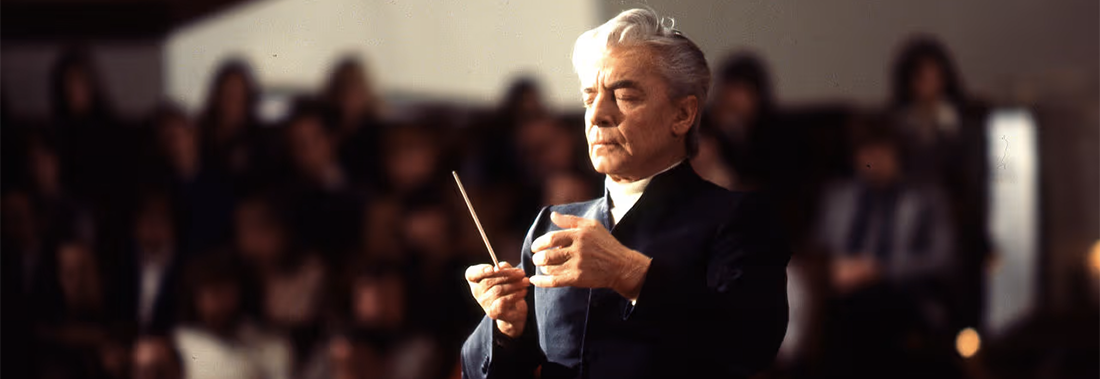
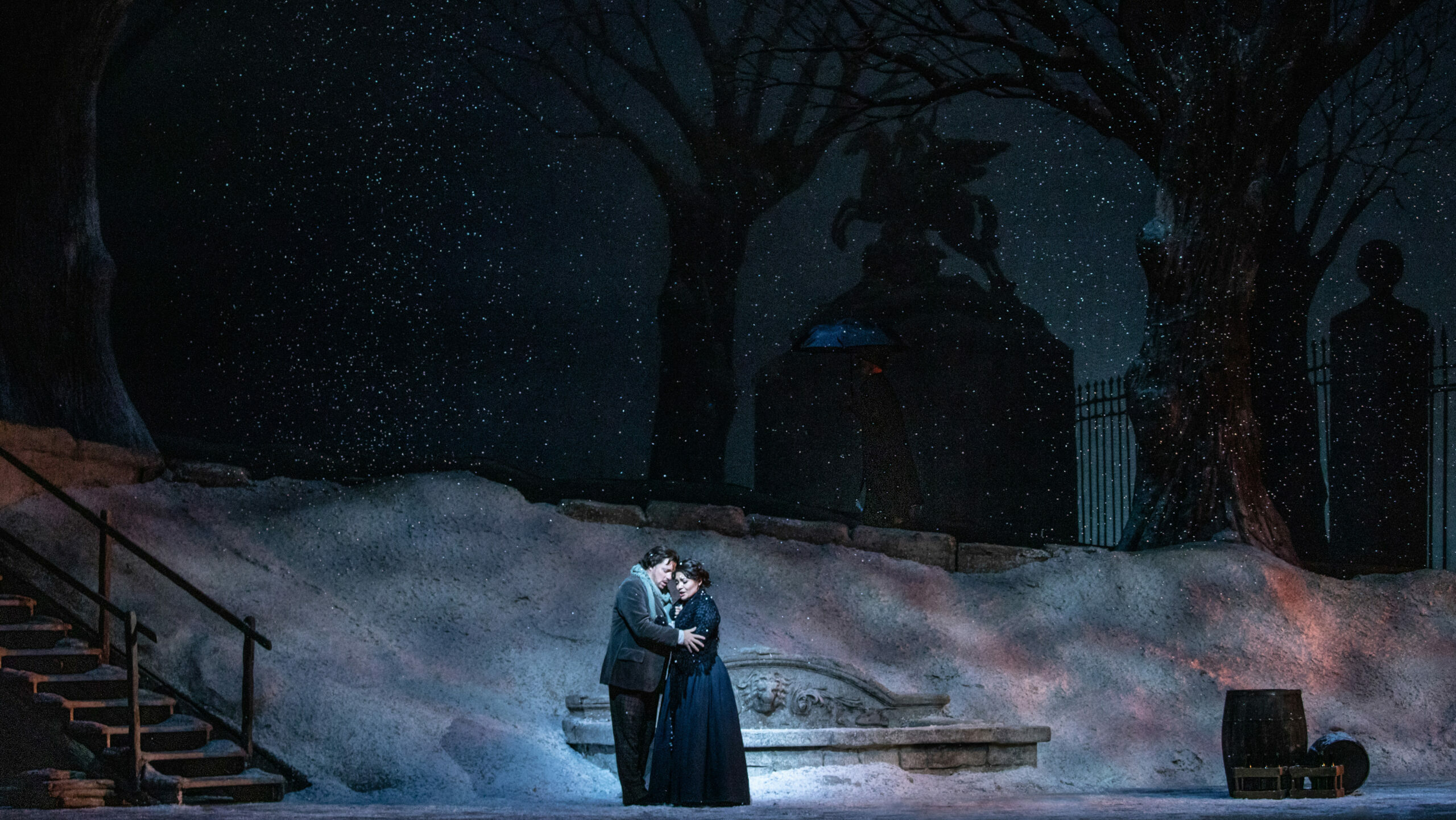
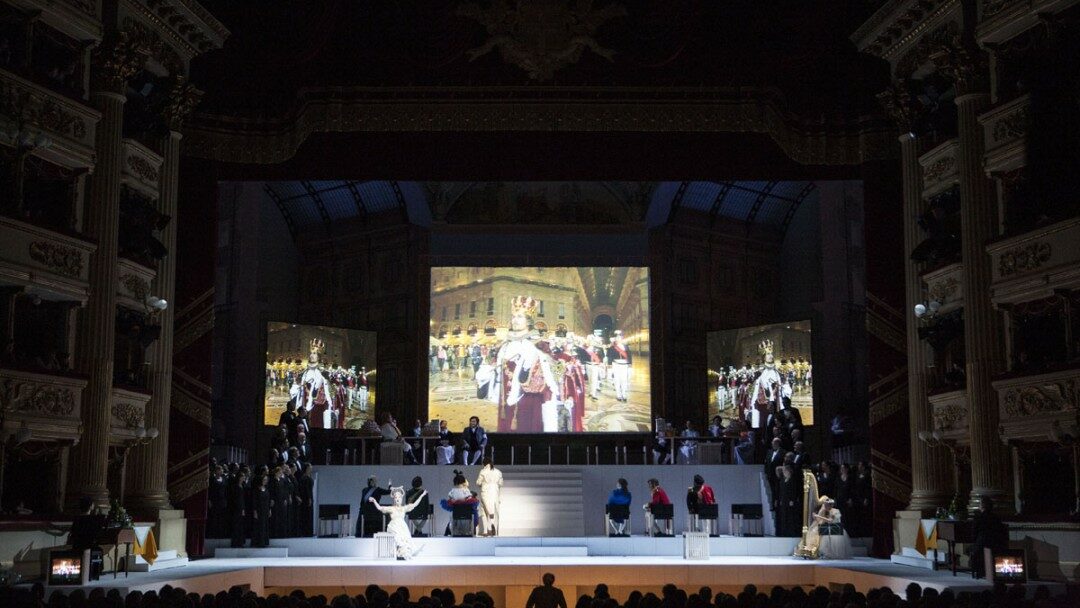
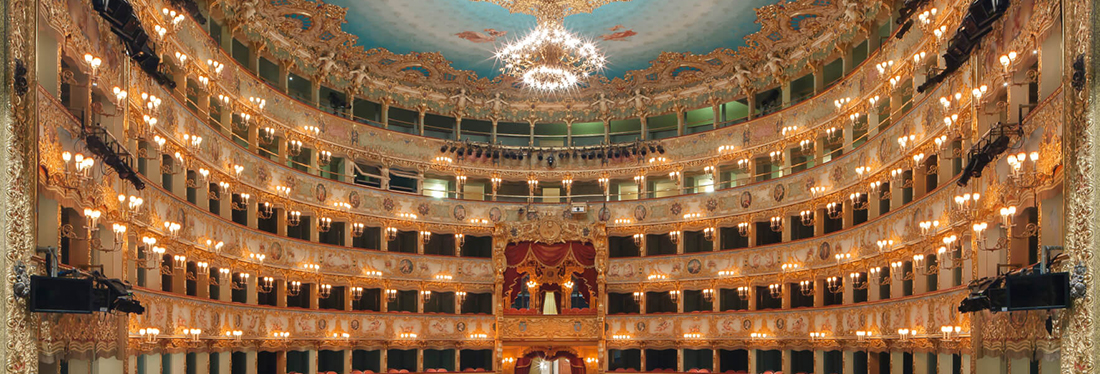
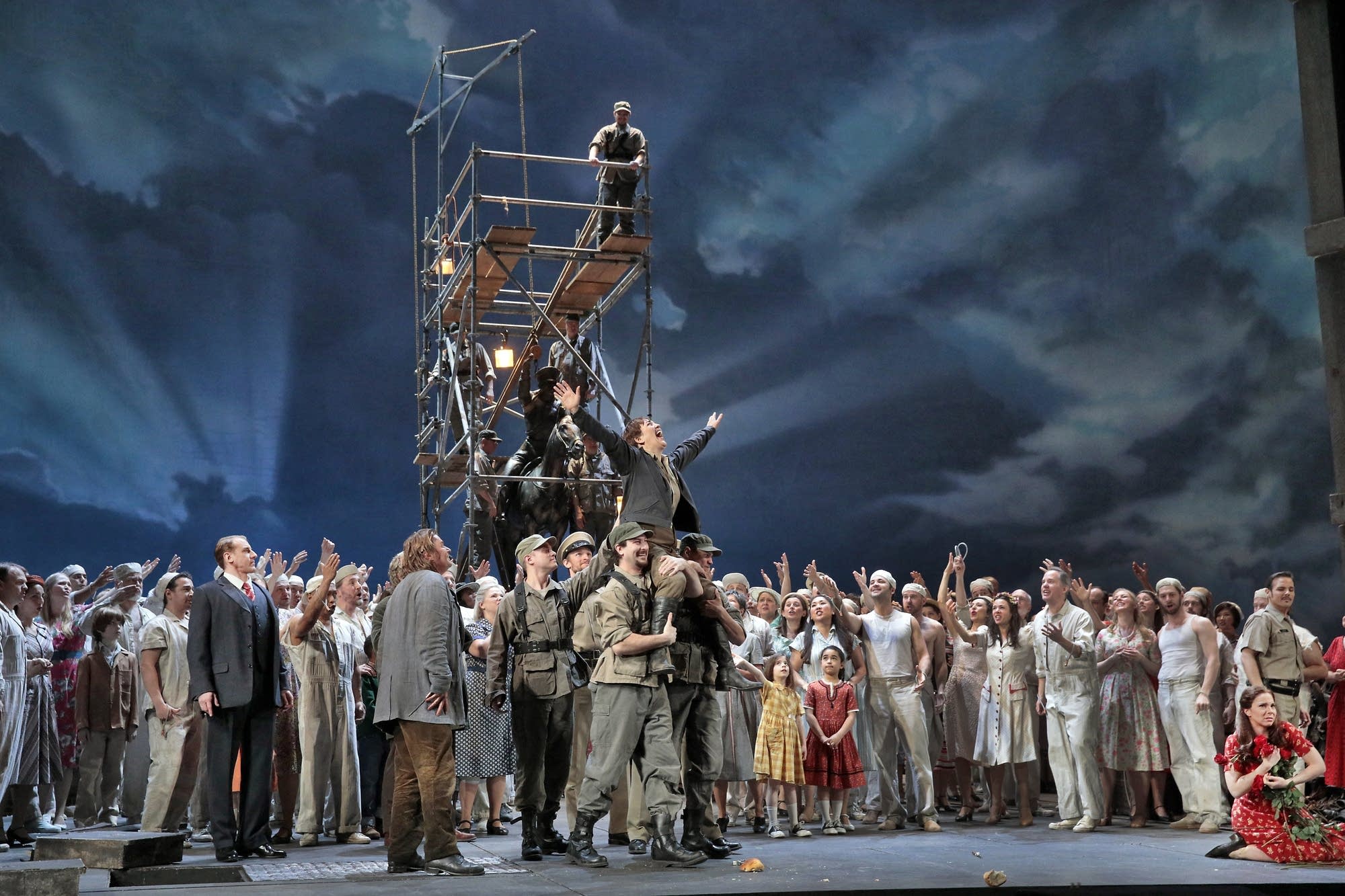


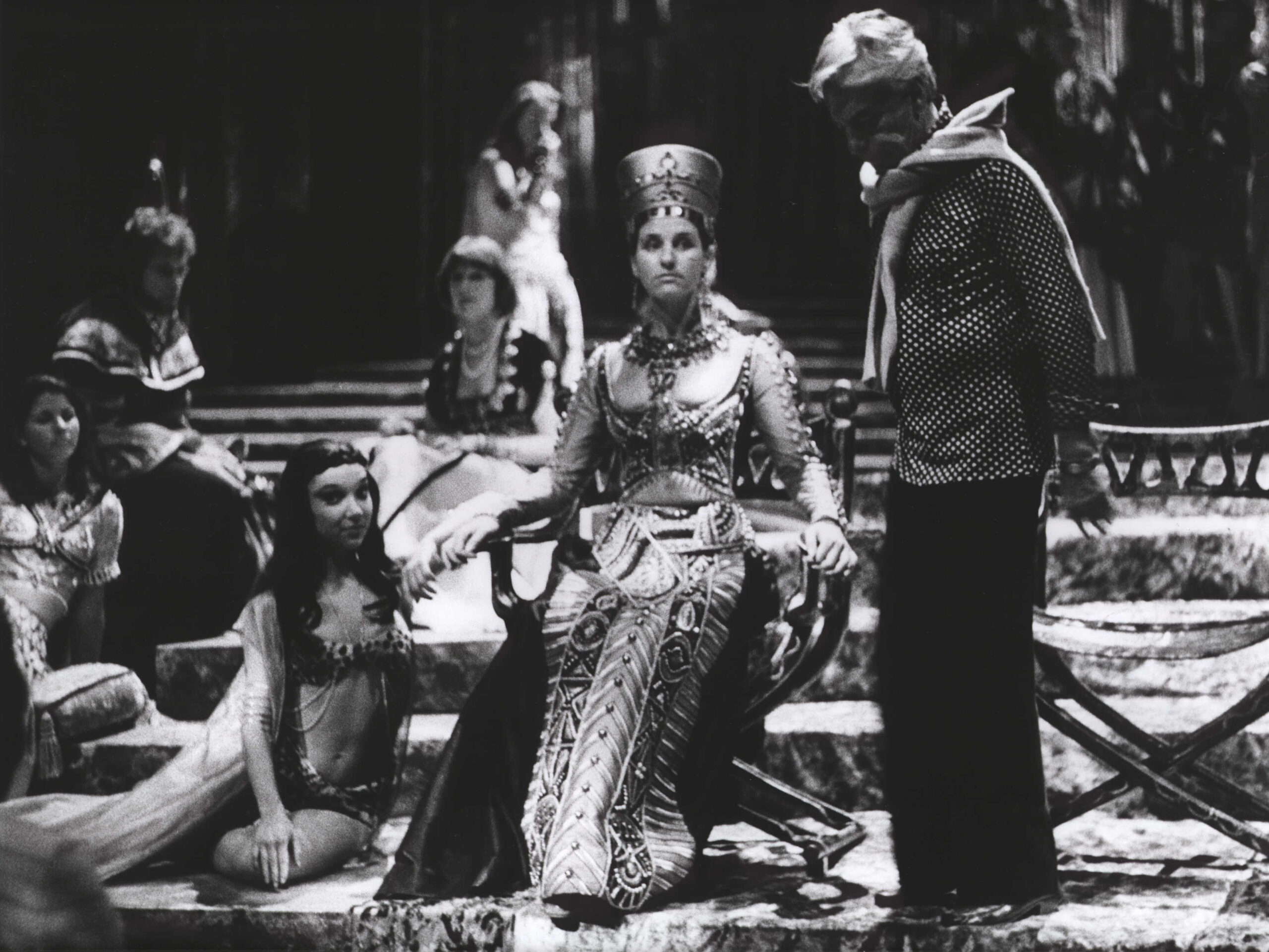
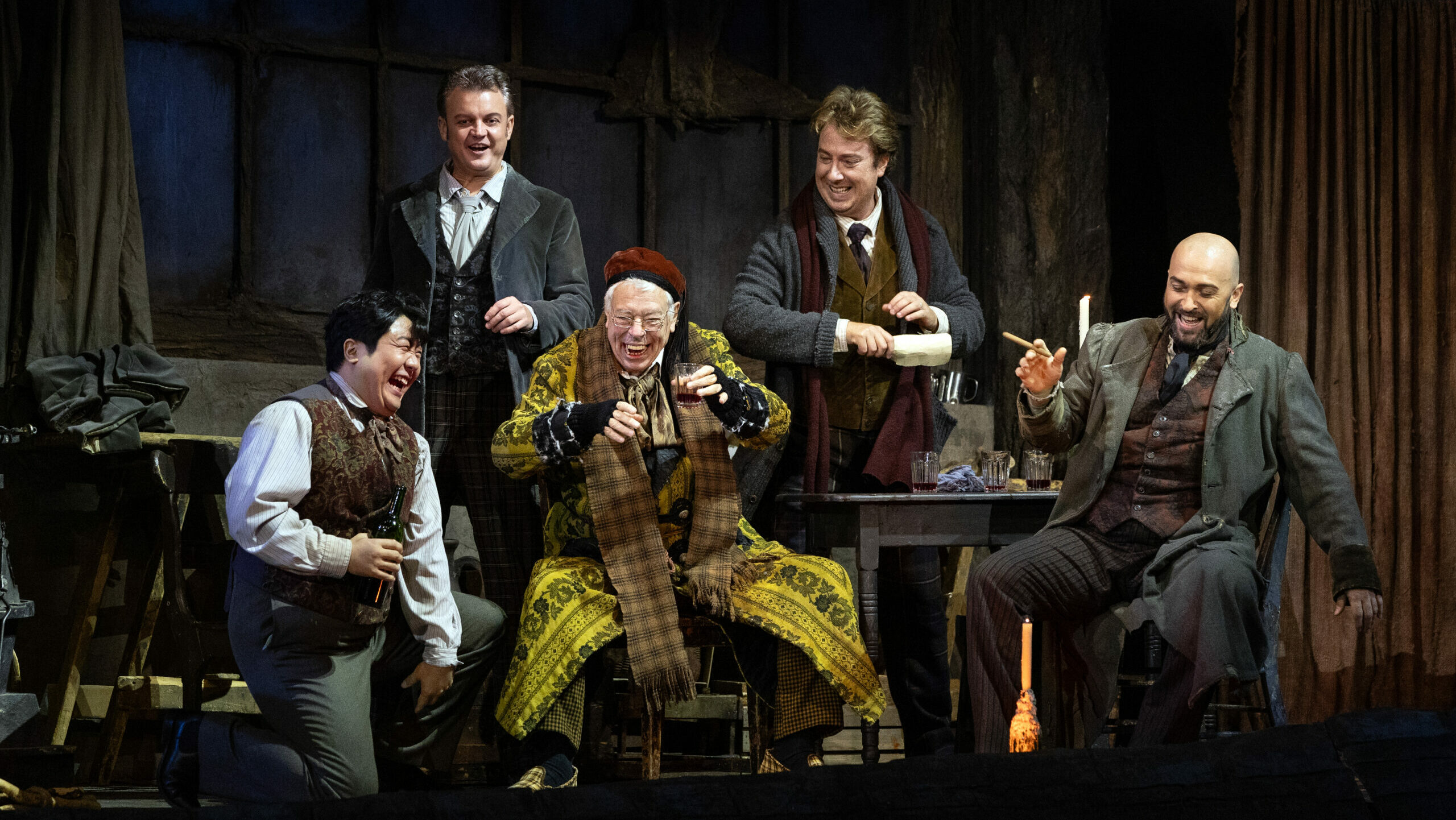
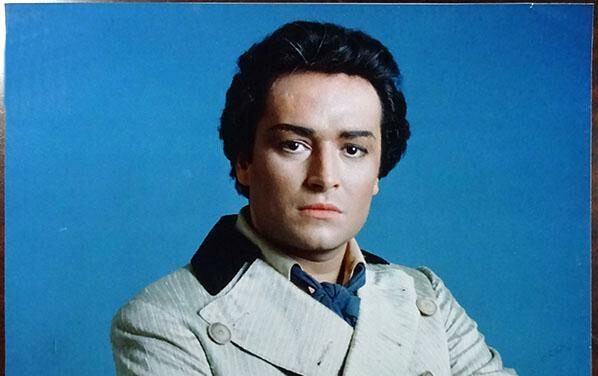
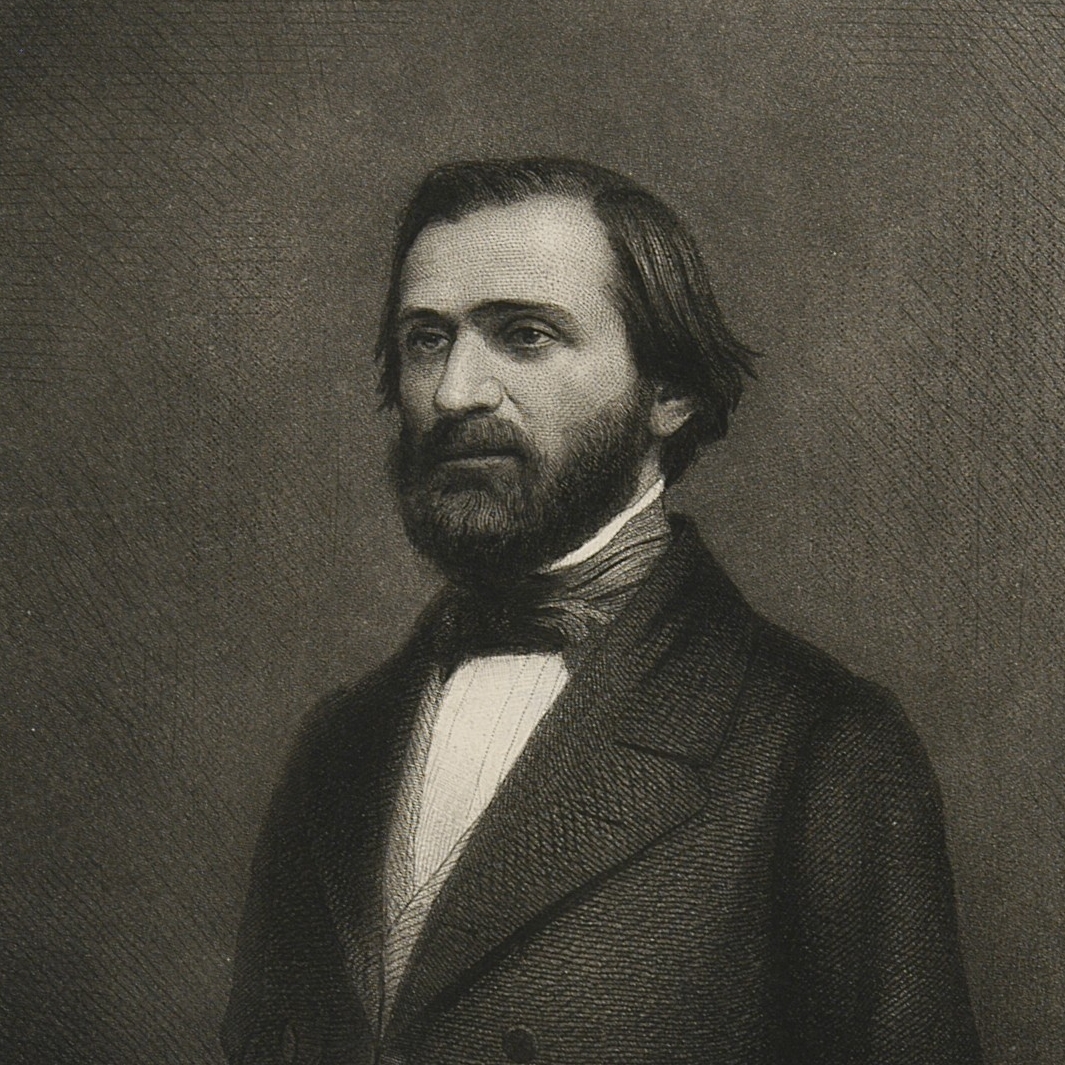
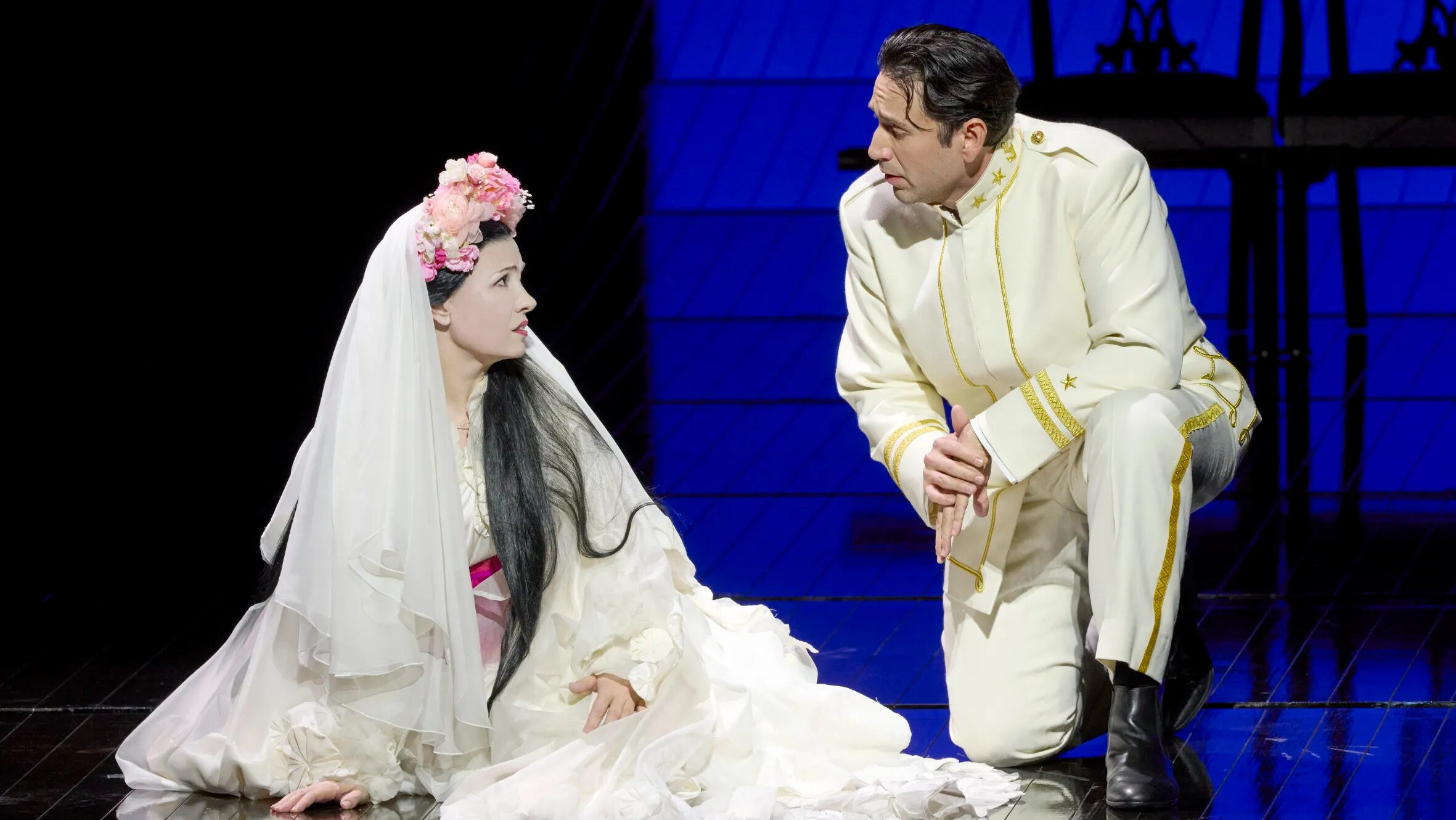
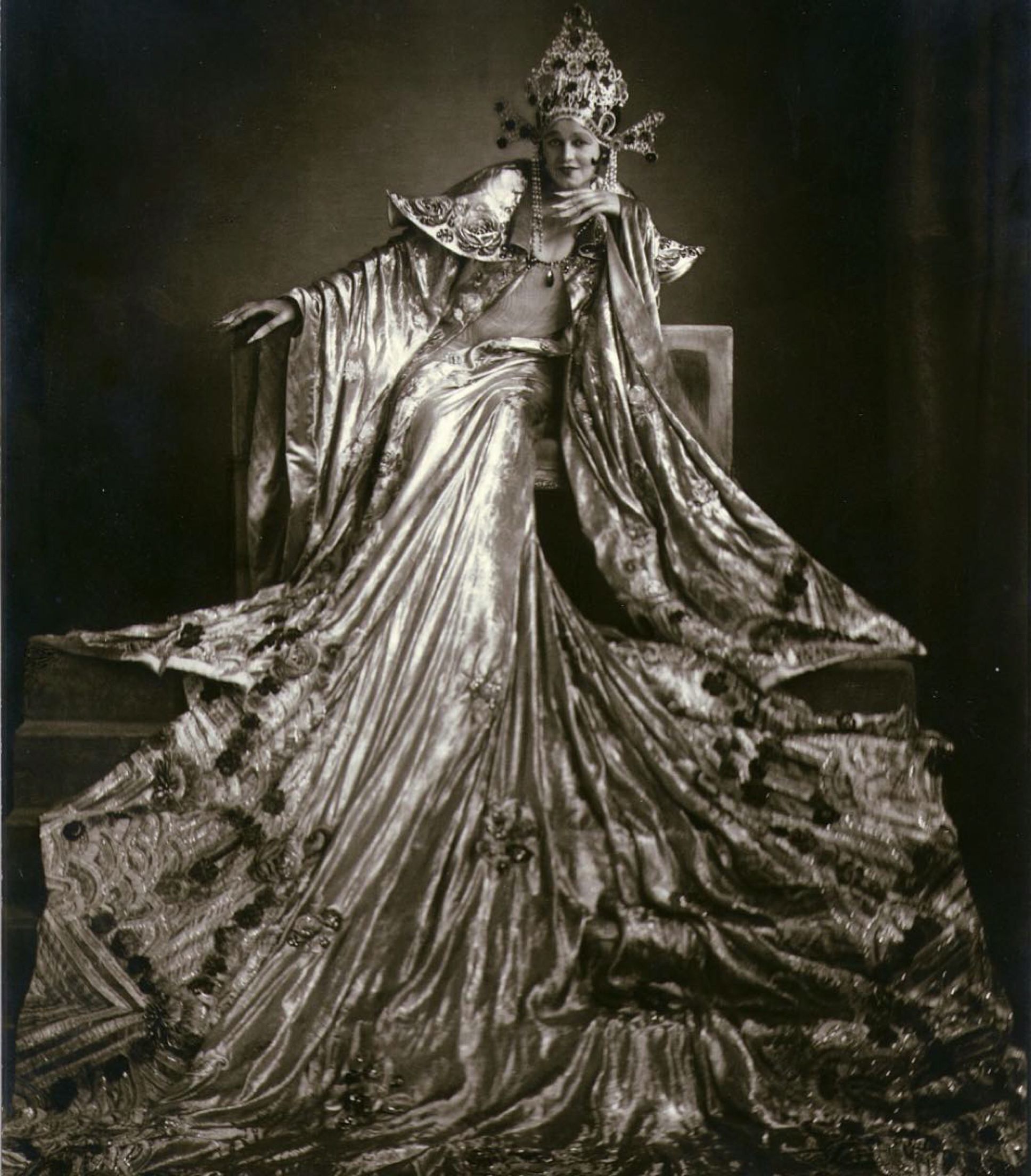
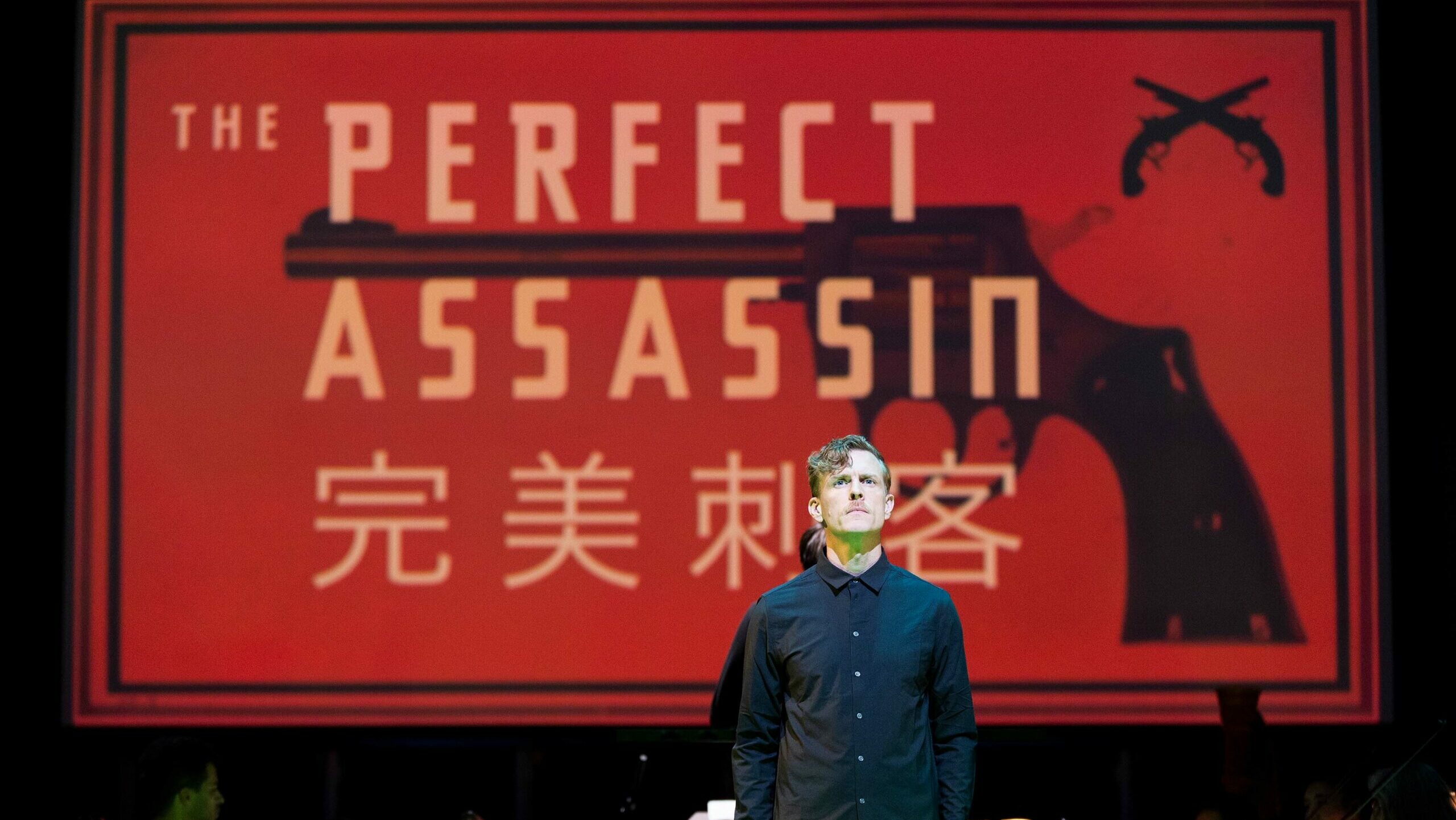
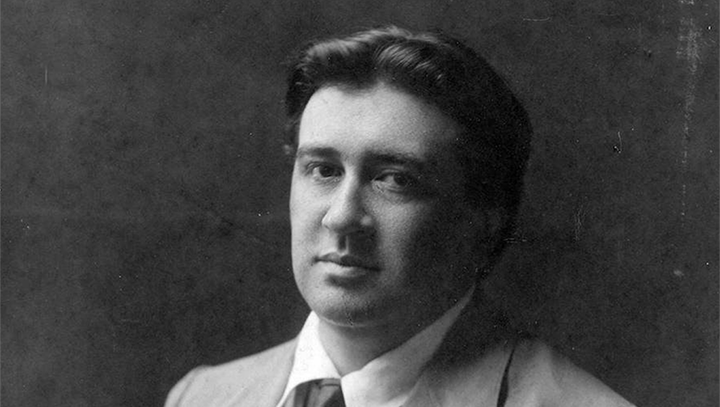






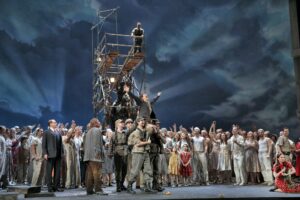
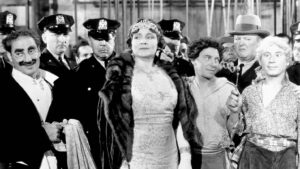



Comments